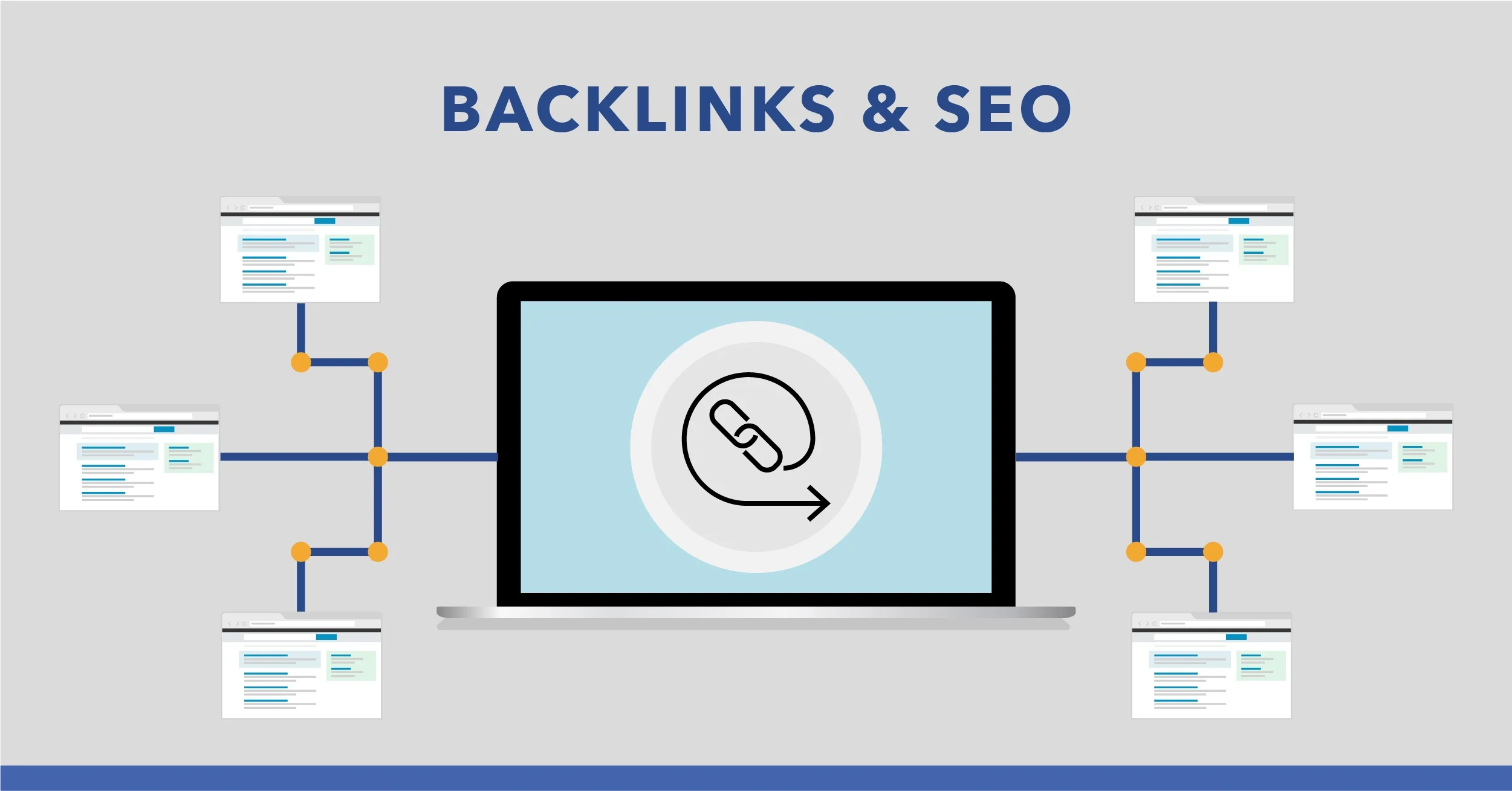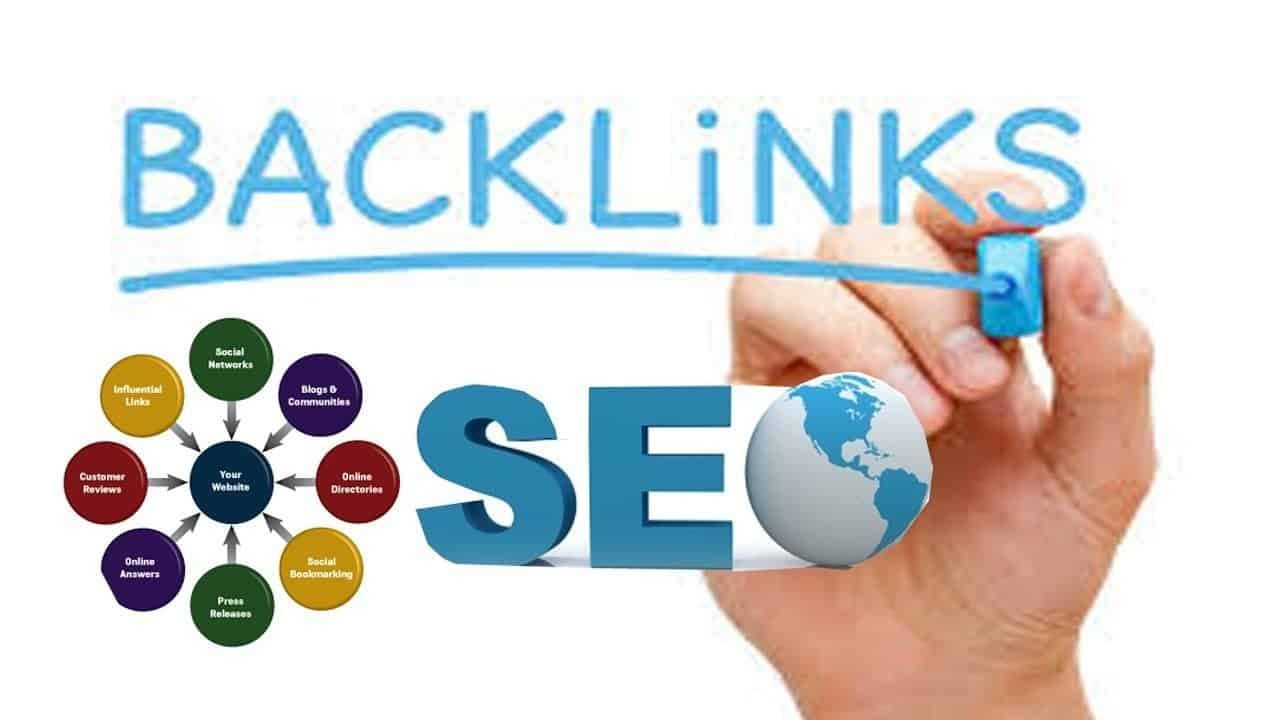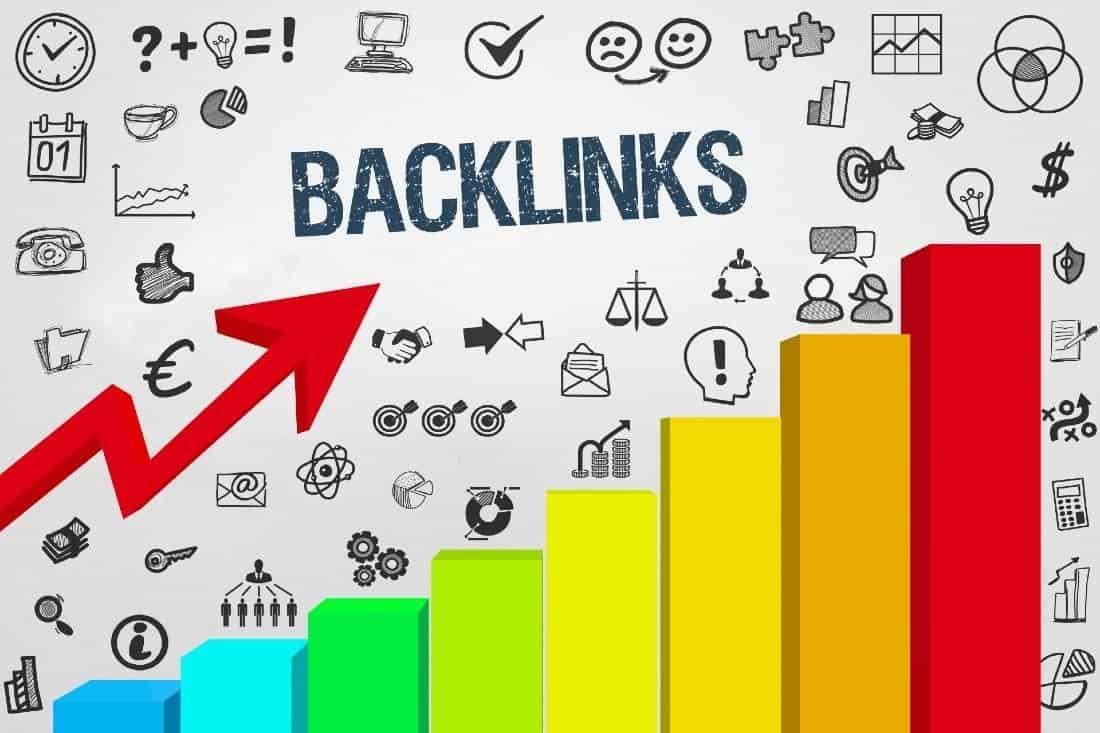Hi there! You’ve landed in the right place. Today, we’re diving deep into the world of Search Engine Optimization (SEO) with insights from a true expert, Max Gomez Montejo, CMO at Nextnet Media. Buckle up, because what you’re about to discover will change your marketing game forever.
The Shocking Truth About SEO That Most Marketers Ignore
Let’s cut to the chase. What’s the one thing that separates successful SEO campaigns from those that fizzle out? It’s not some magic trick or a secret algorithm hack. It’s patience. Yes, you heard that right. In today’s fast-paced, instant-gratification world, many marketers are looking for that 100-meter sprint to success. But SEO is a marathon. You need to understand your audience, their context, and your goals, and then implement a consistent strategy that yields results over time. Think small, consistent efforts each month instead of a mad dash that leaves you exhausted and empty-handed.
Stop Chasing Magic Bullets: Why an Omni-Channel Approach is Your Secret Weapon
Are you making the common mistake of focusing all your energy on a single marketing channel? Big mistake! Successful SEO isn’t about isolating efforts; it’s about embracing an omni-channel strategy where all your marketing tactics work together. There are powerful correlations between different channels. For example, video marketing on YouTube can boost your brand searches and long-tail keywords on Google. Understand what triggers your users to search for your brand. Also, identify the keywords where you are missing out. This omni-channel approach means understanding that various channels open different parts of the funnel. Organic search helps you connect with potential customers at every stage, from the initial discovery to the final purchase. Don’t make the mistake of pouring your budget into a single channel. For example, organic Google search should account for around 50% of your traffic, but that traffic should be fueled by your actions on other channels.

Are You Leaving Money on the Table? The Power of Audits
Just like you need a regular checkup at the doctor, your website needs regular SEO audits. The digital landscape is constantly evolving. Not only is your own website changing, so are Google’s algorithms and the entire marketing environment. Think of it this way:
- Content Check-Up: Is your content following Google’s E-E-A-T rules (Expertise, Experience, Authority, and Trustworthiness)?. If not, it’s a red flag.
- Speed Test: Is your website loading faster than a caffeinated cheetah, or is it dragging like a snail? Google favors websites with a fast page speed.
- Backlink Bonanza: Are your backlinks coming from high-quality websites that are relevant to your niche? If not, you need to rethink your strategy.
These audits, ideally done every six months or so, will give you the insights you need to adjust course and improve your results over time. Small adjustments now will lead to major benefits in the future. Don’t forget that marketing technology is changing every day, and you have to adapt to stay ahead of the curve. Keep in mind that Google pushes out algorithm updates that could penalize your website if you are engaging in prohibited practices.
Content Inflation: Are You Producing Meaningless Noise?
We’re in the midst of a content inflation. Your competitors might be creating 80 articles a day, so you make 100, and then they make 200. But is all this content being read? Probably not. The focus is on quantity, not quality, and many brands focus on creating content for robots and not for humans. Don’t make that mistake! You need content that connects with the user experience and that demonstrates your expertise and authority.
The Secret Weapon: Subject Matter Experts (SMEs)
In the age of AI, it’s easy to rely on technology to generate content, but there is an increasing need for content that is produced by subject matter experts. Clients want the expertise that only human writers can offer. The key is to find a balance between AI and human expertise to produce the most effective content.
Stop Isolating Channels! It’s Time for a Holistic Approach!
Have you been isolating channels, laser-focusing on the ones that bring the most results? That’s a mistake. Many brands fail because they stick to one playbook or action. Don’t isolate channels just because you don’t see direct transactions. You need to understand the role of each channel in your business and how they correlate with one another. Explore the correlation between programmatic buying and SEO, or TV advertising and SEO. You also need to look at what the market is saying about your brand through different searches.
The Psychology of SEO: It’s Not Just About Machines
SEO is not just about technology; it’s about understanding human behavior. It’s about understanding the user’s needs, how they find you, and their key moments when your brand can provide useful information. It’s about tapping into the psychology of your customers.
First and Second Party Data: The Gold Mine You Need to Tap Into
Want to know your customers better? Start focusing on first-party and second-party data.
- First-party data is the information you collect directly from your platforms, like your website. This could be usernames, email addresses, phone numbers, and more. Every time a customer interacts with you, you gain more knowledge about them.
- Second-party data is the data you get through partnerships with other companies. For example, if you partner with a review company, you can gain insights into what people are saying about the category you are in.
It’s important to note that many companies don’t use third-party data anymore because of the cookieless change.
The SEO Secret Weapon: Backlink Analysis and Data-Driven Strategy
So, how do you actually improve your SEO using data? Here’s how the experts do it:
- Link Gap Analysis: Compare your website’s backlinks to those of your competitors. This analysis will show you where you have an opportunity to outperform them.
- Volume of Data: Use tools like Ahrefs or Semrush to understand the data coming from different signals and keywords.
- Google Search Console: Connect with your Google Search Engine Console to understand the volume of searches you’re getting for both branded and non-branded keywords.
Use these signals to formulate a plan. For example, you might need to focus on preparing your website with a technical SEO audit for the first three months, followed by content creation in the second half of the year. This plan will help you to increase your rankings and overall search volume.

It’s Not About Quantity, It’s About Quality: The Art of SEO
It’s not only about driving traffic to your site, it’s about driving the right traffic. You need to focus on bringing in people who are actually interested in what you have to offer. Once you’ve made progress with your SEO, don’t stop. Your competitors aren’t stopping, so why should you? SEO is a marathon, and you must keep running and making adjustments to stay ahead.
The Importance of Transparency: How to Work with Your SEO Partner
Transparency is the key to a successful SEO campaign. You should have access to your analytics platforms and understand the threats your business faces. Work hand-in-hand with your clients and communicate your progress.
Meet “The H”: Your Secret Weapon for SEO Success
The H stands for “He Them Over the Head”, with the goal of providing great service, care, and results. This is one of the most important brands at Nextnet Media, and it works with different types of clients, including:
- Small Businesses (SMBs)
- Fortune 500 Brands
- Agencies “The H” can connect with all three types of clients at the same time. This includes agencies that want to outsource their SEO fulfillment. This is beneficial because the agency does not have to hire new staff, pay insurance or bonuses. Also, agencies can access “The H” tools and reports without having to pay extra for those tools. The knowledge stays within the dashboard and is managed by campaign managers, so you don’t have to worry about losing information if you experience turnover.
Backlinks: The Backbone of SEO Success
Backlinks are simply links from other websites pointing to yours. The key is relevance and authority. Google sees backlinks from authoritative sources as a sign that your website is trustworthy and relevant. This helps to increase your online rankings from long-tail and category keywords, not just from branded keywords.
- Quality over Quantity: Focus on getting backlinks from high-quality websites in your niche.
- Domain Authority & Domain Rating: These numbers (ranging from 20 to 100) measure the authority of a website.
- Consistent Action: Backlinking is not a one-and-done deal. You must maintain and keep building your backlinks over time.
Don’t Make This Mistake! Backlinking Is Not a Magic Wand!
Don’t just buy 2000 backlinks and point them to a single page on your website. That’s a bad practice that can get you penalized by Google. You must match your content, your products, and your backlinks to make sure they make sense.
You Can’t Out-Exercise a Bad Diet: Why Website Health Matters
You can bring tons of people to your website, but if your website has a poor user experience, people are going to leave. Your website needs to be in great shape, with a user-friendly experience, a seamless payment process, and other features to convert visitors into customers. SEO only accounts for 50% of the work. The other 50% comes from optimizing your website for conversions.
The Red, Yellow, and Green: How to Get Your Website in Shape
If your website has issues, “The H” will perform a technical SEO audit, breaking down all your website actions into three categories:
- Red: These issues need immediate attention because they are hurting your ROI.
- Yellow: These issues are not as critical, but should be addressed in the next six to twelve months.
- Green: Everything is in good shape.
“The H” will analyze every URL of your website and provide a detailed report, grouped into the three categories above.

Top 3 SEO Errors That Are Killing Your Website:
According to the experts at “The H”, these are the top three most common issues that companies make:
- Slow Page Speed: Your website takes too long to load, especially on mobile devices.
- Duplicate Content: You are copying content from other pages, which is something that can be penalized by Google.
- Low-Quality Backlinks: You are getting backlinks from websites that have nothing to do with your business.
SEO Made Simple: Don’t Worry About the Technicalities
Don’t get overwhelmed by technical details. It’s more important to start with a plan. The experts at “The H” aim to make SEO simple for you, by letting you know what you need to do and what you need to fix.
Stop Drifting in the Wind: Get a Plan!
Without a plan, you are just drifting in the wind. You need a plan with a purpose and a strategy that comes from an authoritative source.
Conclusion
SEO needs to be the backbone of your website success and should represent at least 50% of your traffic on a monthly basis. If you want to achieve that, you need a plan for the next six to twelve months. If someone is promising you instant results, proceed with caution.
If you are not getting 50% of your traffic from SEO, it may be time to look for expert help. Visit nextnetmedia.com to learn more, and connect with Max Gomez Montejo on LinkedIn.
FAQs
How long does it take to see results from SEO? SEO is a long-term game, not a quick fix. While you might start seeing some progress within a few months, it generally takes 6-12 months to see significant results from organic efforts. It’s important to be patient and to approach SEO as a marathon, not a sprint.
Can I do SEO myself, or do I need to hire an expert? While it is possible to do some SEO on your own, it’s often better to work with an expert or a reputable agency, especially if you want to achieve substantial results. Experts have access to the tools, data, and experience needed to create a successful plan. They can also help you avoid common mistakes that could hurt your rankings, like using low-quality backlinks or having a slow website.
How do I choose a good SEO partner? Look for a partner who is transparent about their processes and who has a proven track record. They should offer a technical audit and not just focus on backlinks. They should also prioritize quality over quantity, and give you an action plan that can help you reach your goals. Make sure they are not promising instant results and understand that SEO is a long-term game.

